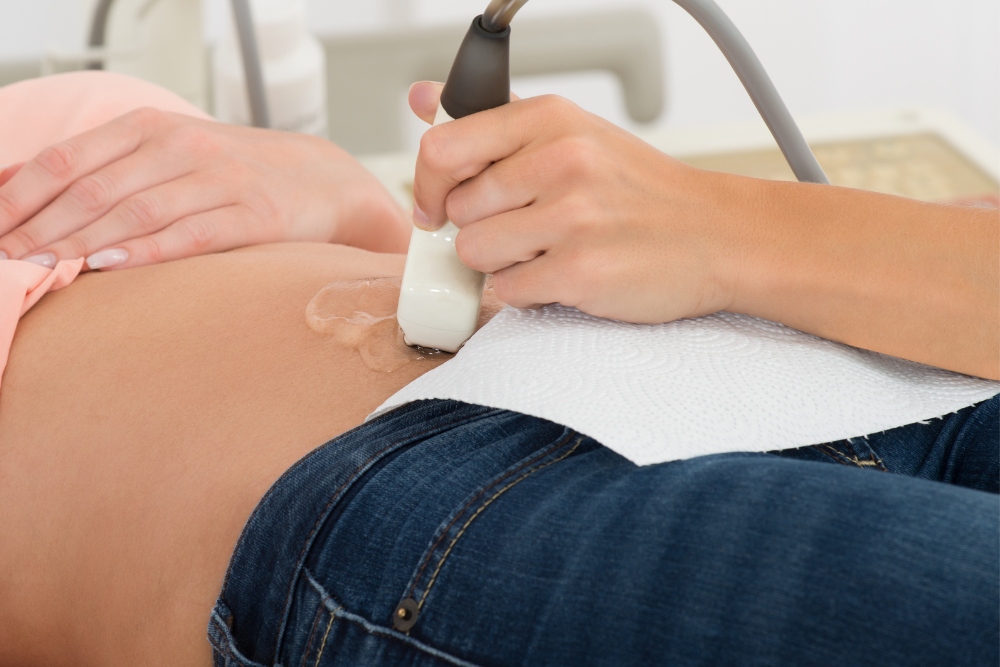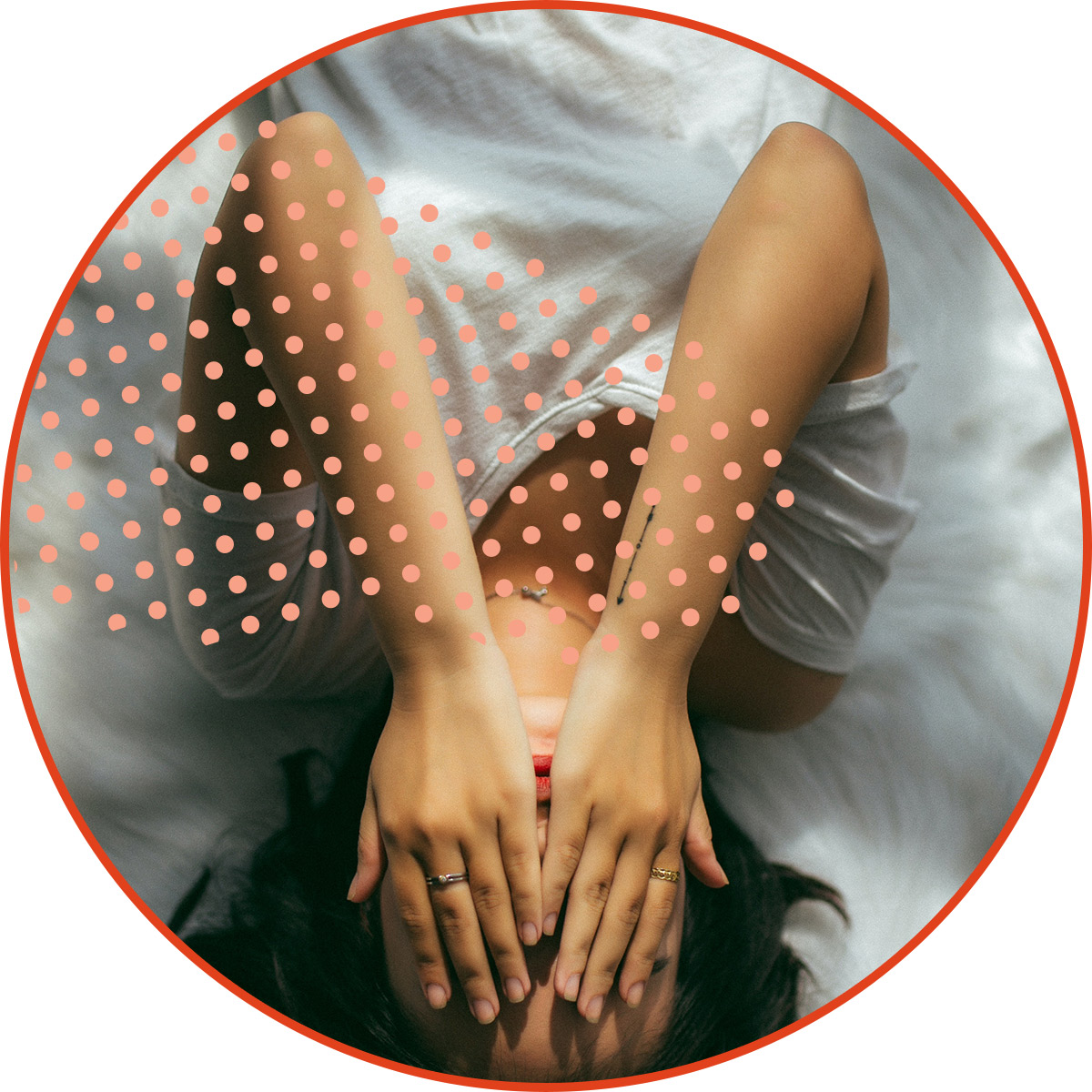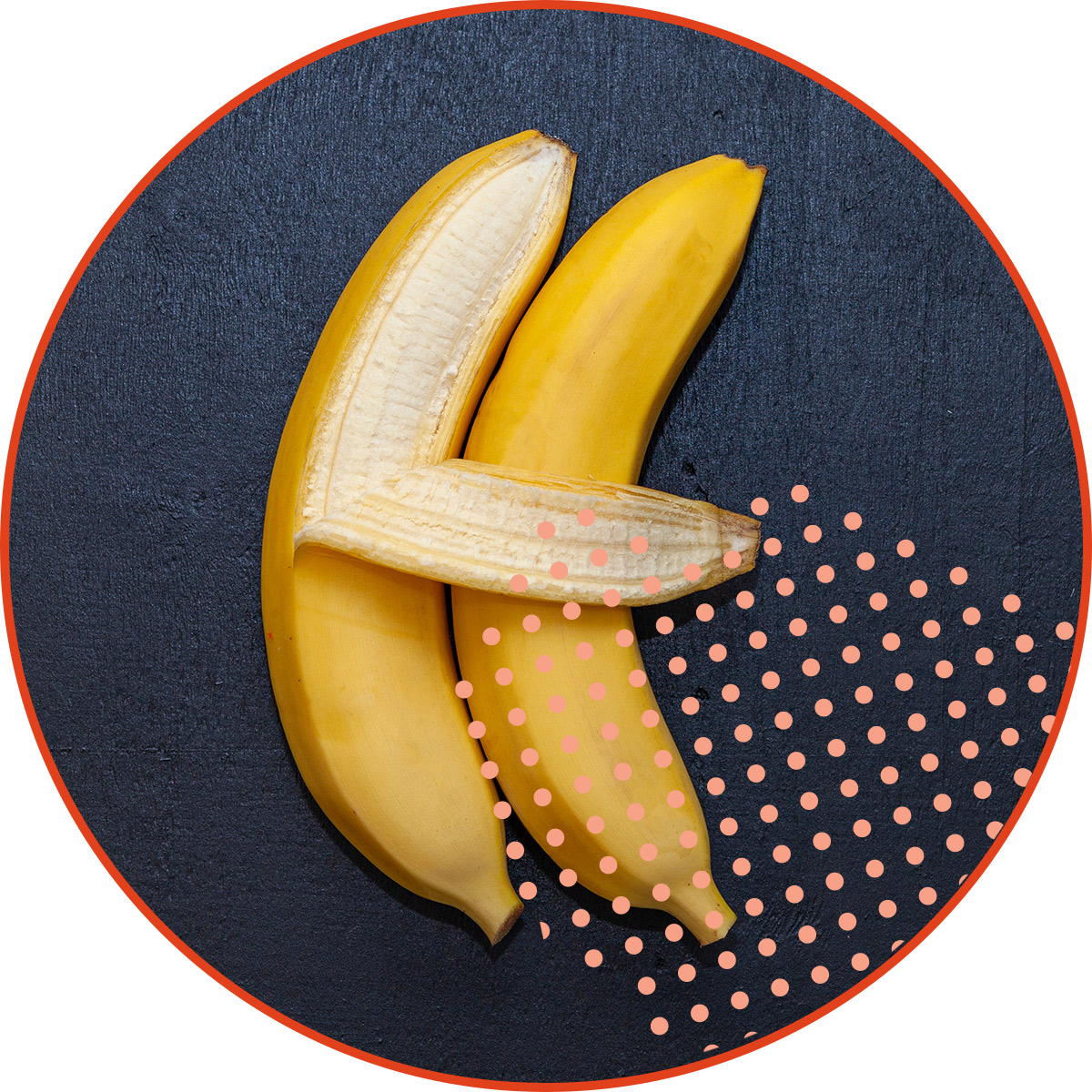A neighbor's 13 year old daughter recently took a trip to our local urgent care center because of pain in the lower part of her belly. The pain was sharp and shooting, on her left side. She's a tough kid, but it was enough to make her cry.
After her evaluation and a pelvic ultrasound turned up nothing worrisome, she was told she “probably had ruptured an ovarian cyst.”
Maybe. But probably not.
Belly pain in teens can cause a lot of concern and confusion. Concern because there are a lot of vital parts housed in the abdomen. Confusion because the pain isn’t always felt exactly over it’s source, and the intensity doesn’t always match the seriousness of the cause. Horrible pain can result from something as simple as gas; and appendicitis pain can be mild and vague. It’s confusing even for doctors.
On top of that, if your child happens to be a reproductive age female, (and as a member of our community, that’s pretty likely), let me just tell you now that whenever she has pain below her belly button, it is highly likely that someone will blame that pain on her ovaries.
Even though it’s definitely possible, I want to make sure you don’t ovary-act (get it?) until you know more.
Remember the book, “If You Give a Mouse a Cookie?” Sometimes it can be like that.
🍪 If a a reproductive age female sees a doctor for pain that involves anything below her belly button, it is very likely that someone will order an ultrasound.
🍪 If she gets an ultrasound, they will probably see a cyst on her ovary — or several (small cysts on the ovaries are super common in teens).
🍪 If they see a cyst on her ovary, it is also likely that they will blame her pain on that cyst and refer her to a gynecologist.
🍪 If she goes to the gynecologist, she is likely to learn 3 very important things that I have covered in THIS VIDEO tip. You can watch it here and avoid over reacting.
But when do we ovaryact? I mean ACT because of an ovarian issue? There are times that warrant ovary action (usually in the form of out-patient surgery)
🥚 If the cyst is large (think softball sized) and doesn’t go away on it’s own after 6-8 weeks (make sure she keeps the follow up appointments to recheck size)
🥚 If it isn't just a thin walled cyst full of fluid, but has a thick or irregular wall or solid parts inside that are more consistent with a “tumor” (keep in mind that almost all ovarian “tumors” in adolescents are BENIGN, meaning not cancer).
🥚 If she has a cyst and develops severe pain with nausea and vomiting and there is concern for ovarian torsion (which means the ovary has twisted causing the blood vessels that serve it to also twist and reduce or block blood flow to the ovary).
OBVIOUSLY, her doctor is the best person to guide you if faced with any of these scenarios, but it’s always good to understand our ovaries!
Did you know Girlology has grade-by-grade playlists outlining on-demand video and downloadable content to support her and you through the entire journey? Ovaries to emotions! Learn More






